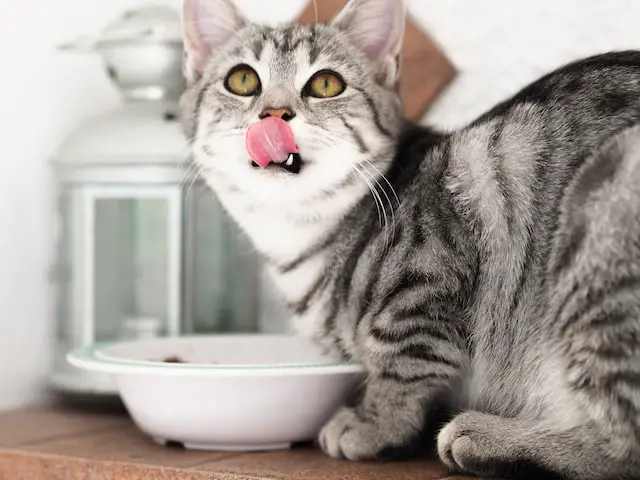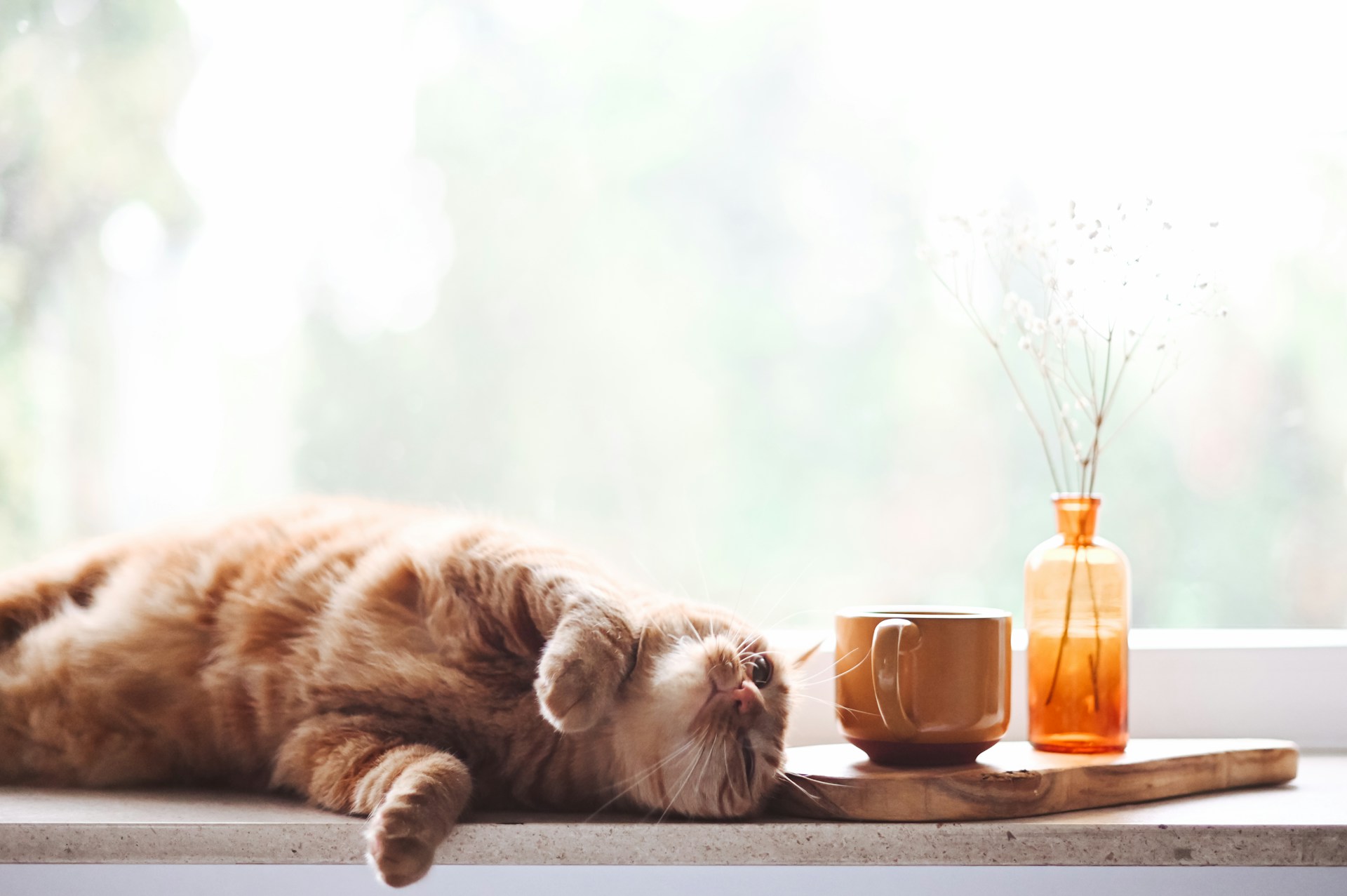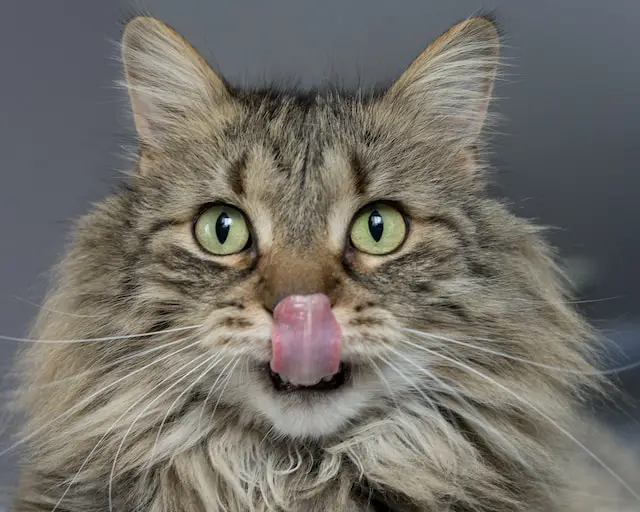Can Cats Eat Pork?
As a devoted cat owner and enthusiast, I’ve always been keen on providing my feline friends with a healthy and balanced diet. The topic of whether cats can eat pork has intrigued me for quite some time, and through my experiences and research, I’ve gathered valuable insights on the matter. In this article, I’ll share my findings and offer helpful suggestions regarding the occasional inclusion of pork in a cat’s diet.
The Risks of Feeding Pork to Cats
While cats are obligate carnivores and need protein for their well-being, certain aspects of pork can pose risks to their health. Pork bones, for instance, may splinter and cause internal injuries if ingested by cats. Additionally, the seasonings and spices commonly used in pork dishes can be harmful to felines. Furthermore, raw pork carries the risk of transmitting parasites and bacteria to cats, which can lead to severe health issues.
Pork Products Safe for Cats
Although feeding pork bones or seasoned pork to cats is a big no-no, some pork products can be safe when offered in moderation. Plain, cooked pork without bones or seasoning can be given as an occasional treat. Remember, moderation is key to prevent any adverse effects on your cat’s health.
Nutritional Value of Pork for Cats
Pork is a good source of protein, which is essential for cats’ muscle development and overall health. However, it’s essential to acknowledge that pork isn’t the only protein source suitable for felines. Alternatives like chicken, turkey, and fish can also fulfill their dietary requirements. Balance is vital in providing a variety of protein sources.
Pork Allergy in Cats
Just like humans, cats can also be allergic to certain foods, including pork. If you notice any signs of an allergic reaction, such as itching, vomiting, or diarrhea, it’s crucial to consult your veterinarian promptly. Allergy testing may be recommended to identify the specific allergen.
Preparing Pork for Cats
When preparing pork for cats, it’s essential to keep it simple and avoid adding any seasoning or ingredients that might be harmful to them. Boiling or baking the pork without any seasoning is a safe way to offer it as a treat. Steer clear of frying, as the high fat content can be problematic for cats.
Homemade Cat Food with Pork
For those who prefer preparing homemade cat food, there are safe recipes that include pork as one of the ingredients. When crafting such meals, ensure a well-balanced diet by including other necessary nutrients and vitamins to meet your cat’s dietary needs.
Consulting a Veterinarian
As a responsible cat owner, I cannot stress enough the importance of seeking professional advice from a veterinarian. They can provide personalized guidance based on your cat’s specific health needs and dietary requirements. Your vet can also offer recommendations on introducing new foods to your feline companion.
My Experience with Cats and Pork
I used to feed my cats small pork treats on special occasions, but after learning about the risks associated with certain pork products, I have become cautious. My cats enjoy the occasional taste of well-cooked, boneless pork, and I observe their reactions carefully.
Researching Cat Diets
To ensure I’m making informed decisions about my cats’ diet, I’ve extensively researched feline nutrition. Reliable sources, such as veterinary articles and peer-reviewed studies, have been invaluable in understanding their dietary needs better.
Why I Avoid Feeding Pork Bones
Having learned about the dangers of pork bones, I no longer offer them to my cats. I prioritize their safety and well-being, and opting for boneless pork ensures I don’t put them at risk.
Best Alternatives to Pork for Cats
Since moderation is key, I offer my cats a variety of protein sources. Chicken and turkey are their favorites, providing essential nutrients while being safe and delicious.
Special Occasions and Pork Treats
On special occasions, I treat my cats to a small amount of cooked, boneless pork. Seeing the joy in their eyes is truly rewarding. However, I always make sure it’s an occasional indulgence, adhering to the principle of balance in their diet.
Observing My Cats’ Reactions
After feeding them pork treats, I closely monitor my cats for any signs of discomfort or allergies. Their health and well-being are of utmost importance to me, and any negative reactions would prompt me to discontinue pork treats altogether.
Conclusion
In conclusion, while cats can eat pork safely when it’s prepared and served appropriately, certain aspects must be considered to avoid potential health risks. Moderation is key, and pork should never be the sole protein source in a cat’s diet. Consulting a veterinarian and observing your cat’s reactions are essential steps in ensuring their dietary needs are met.
FAQs: Can Cats Eat Pork?
1. Is pork safe for cats if cooked thoroughly?
Absolutely! Well-cooked, boneless pork can be safe for cats if offered in moderation.
2. Can cats eat bacon?
Bacon is high in fat and salt, which makes it unsuitable for cats. It’s best to avoid feeding them bacon.
3. What should I do if my cat accidentally consumes raw pork?
If your cat ingests raw pork, monitor them closely for any signs of illness and contact your veterinarian promptly.
4. Are pork by-products safe for cats?
Pork by-products may not be the best choice for cats, as they often contain unknown ingredients and can be heavily processed.
5. How often can I give pork treats to my cat?
Pork treats should be given sparingly, limited to special occasions, and should not exceed 10% of their daily caloric intake.
Remember, your cat’s health should always be a priority, and consulting a veterinarian is crucial for tailored dietary advice.




